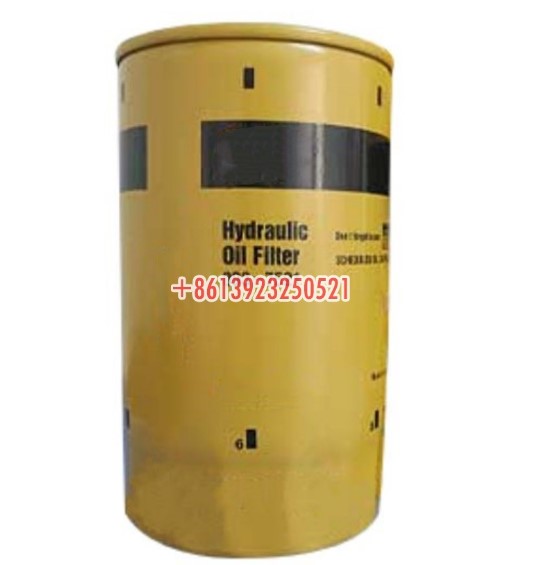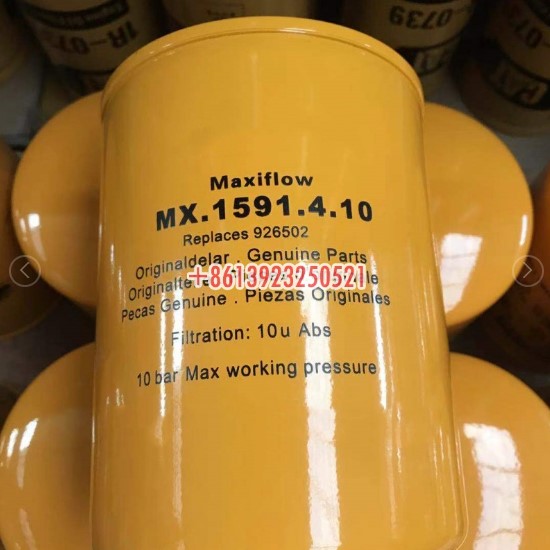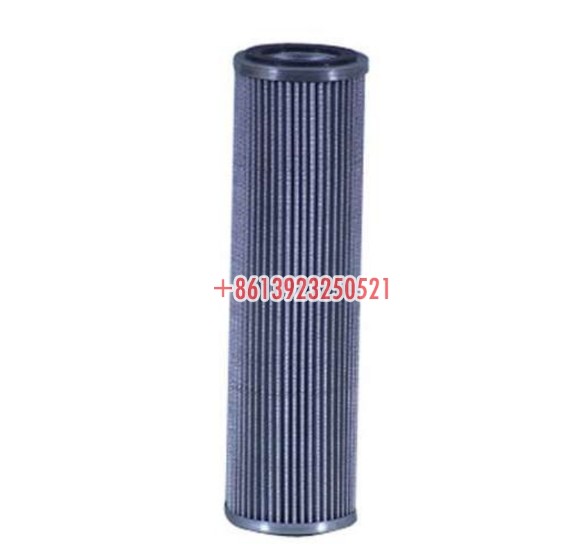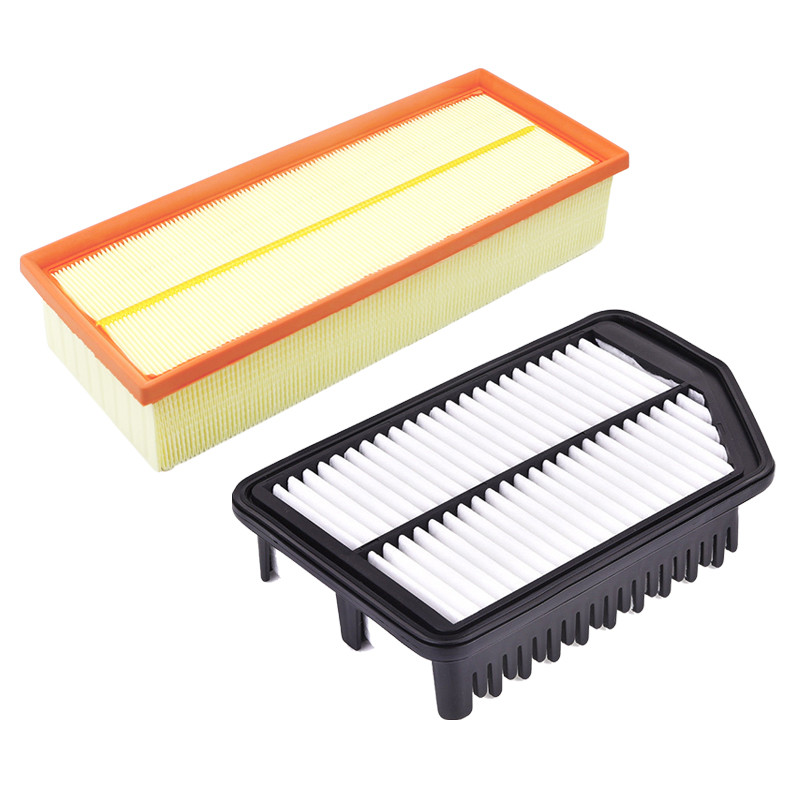Hydraulic systems are widely used in various industries for their efficiency and power. These systems rely on hydraulic filters to keep the fluid clean and free from contaminants, ensuring optimal performance and longevity. Regular maintenance, including cleaning the hydraulic filter, is critical to preventing damage and maintaining the hydraulic system's performance. In this article, we will provide a comprehensive guide on how to clean a hydraulic filter.
What Is The Hydraulic System?
To gain a comprehensive understanding of your hydraulic system, consult the system's user manual or technical documentation provided by the manufacturer. Identify the specific type of hydraulic filter used in your system, whether it's a spin-on, cartridge, or in-line filter. Take note of the specified service intervals and filter maintenance methods.
Gather Necessary Tools And Materials
Ensure you have the right tools and materials for the job. Safety gloves and glasses are essential to protect yourself from hydraulic fluid and potential debris. Use an appropriately sized wrench or pliers to safely remove the filter. Wipe down and examine the filter with a clean, lint-free cloth. It's also a good idea to keep spare seals or gaskets on hand in case they need to be replaced throughout the cleaning procedure.

Ensure Safety First
Before starting any maintenance work, turn off the hydraulic system and follow the manufacturer's guidelines for relieving pressure. Hydraulic systems work under tremendous pressure, and skipping this step might result in serious safety issues. Always put safety first by wearing protective gear and taking the appropriate steps.
Locate And Remove The Hydraulic Filter
Identify the location of the hydraulic filter in your system and use the appropriate tools to carefully remove it. Be mindful of cleanliness during this step to prevent any external contaminants from entering the hydraulic system. Placing a drain pan behind the filter will capture any remaining hydraulic fluid, reducing mess.
Drain And Dispose Of Hydraulic Fluid
Allow the hydraulic fluid to drain completely from the filter into the drain pan. Once drained, dispose of the used hydraulic fluid following environmental regulations and guidelines. Some facilities have special methods for disposing of hydraulic fluids, so verify local rules to guarantee appropriate disposal.

Inspect The Filter Element
Thoroughly inspect the filter element for any signs of damage, wear, or excessive contamination. If the filter is damaged or compromised, it is advisable to replace it rather than attempting to clean it. A badly damaged filter's filtering effectiveness may not be restored by cleaning.
Clean The Filter Element
Wipe away visible particles on the filter element using a clean, lint-free cloth. Consider utilizing a specific filter cleaning solution indicated by the manufacturer for a more thorough cleaning. Avoid using compressed air to clean the filter, as this may push contaminants further into the filter media.
Check And Replace Seals Or Gaskets
Inspect the seals or gaskets on the filter housing for signs of wear or damage. It's crucial to ensure a proper seal when reinstalling the filter to prevent leaks. To keep the hydraulic system running smoothly, replace any broken seals or gaskets with new ones.

Passenger Bus Hydraulic Filters
Reinstall The Hydraulic Filter
Replace the cleaned or new hydraulic filter with care, ensuring that it is correctly installed and tightened according to the manufacturer's recommendations. Use the wrench or pliers to secure the filter in place.
Refill The Hydraulic System
Fill the hydraulic reservoir with the required hydraulic fluid, according to the manufacturer's instructions. Ensure that the fluid level is within the designated range.
Test The Hydraulic System
Turn on the hydraulic system and monitor its performance. Examine the filter housing for any leaks and ensure that the system is running properly.
Conclusion
By following these step-by-step steps and following manufacturer specifications, you can guarantee that your hydraulic filter stays clean and performs properly, extending the life of your hydraulic system. If you are looking for a trusted hydraulic filter supplier for your car, COOBELL is your good choice. We specialize in various car filters including hydraulic filters. Contact us for more product details now!


.jpg)
.jpg)
